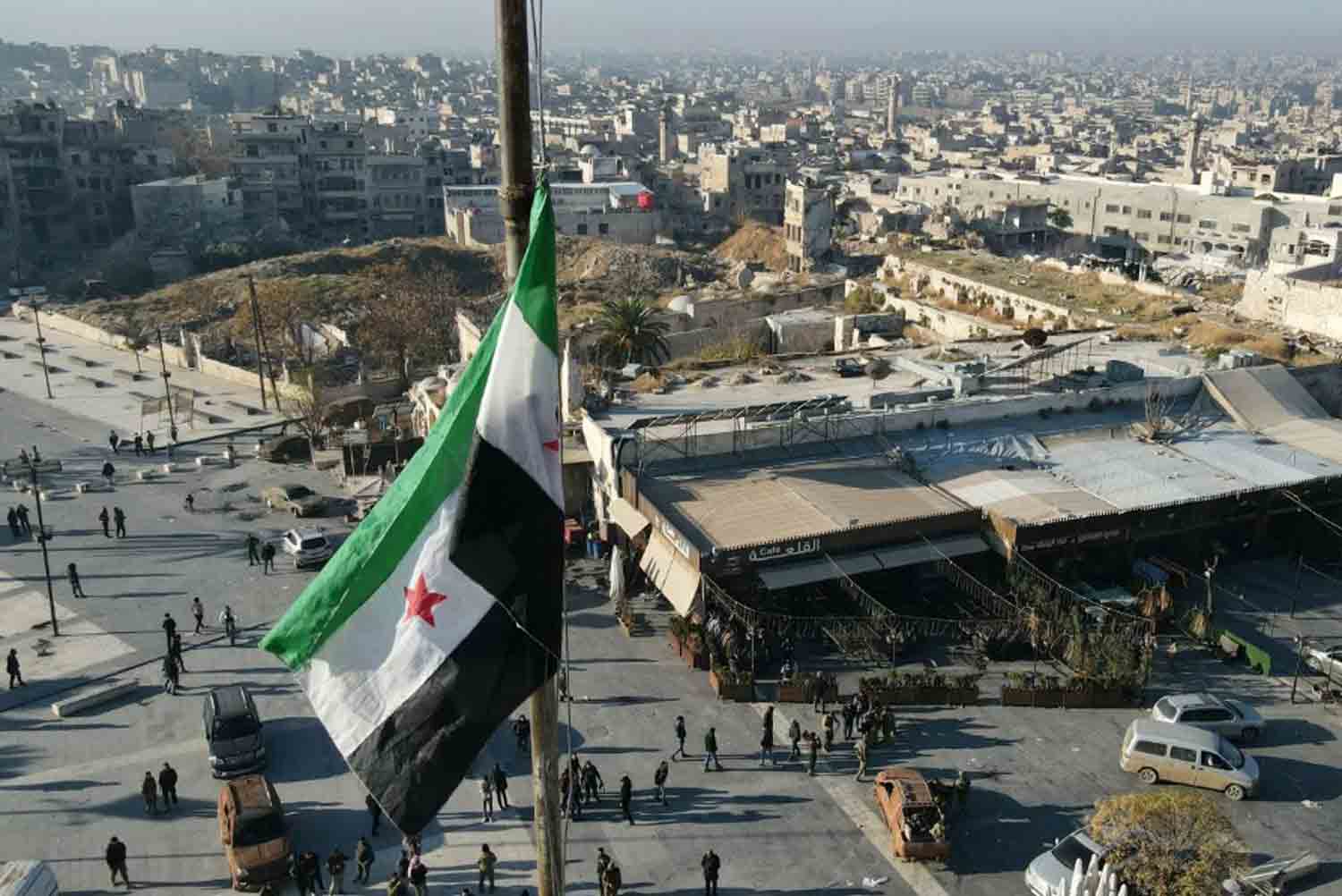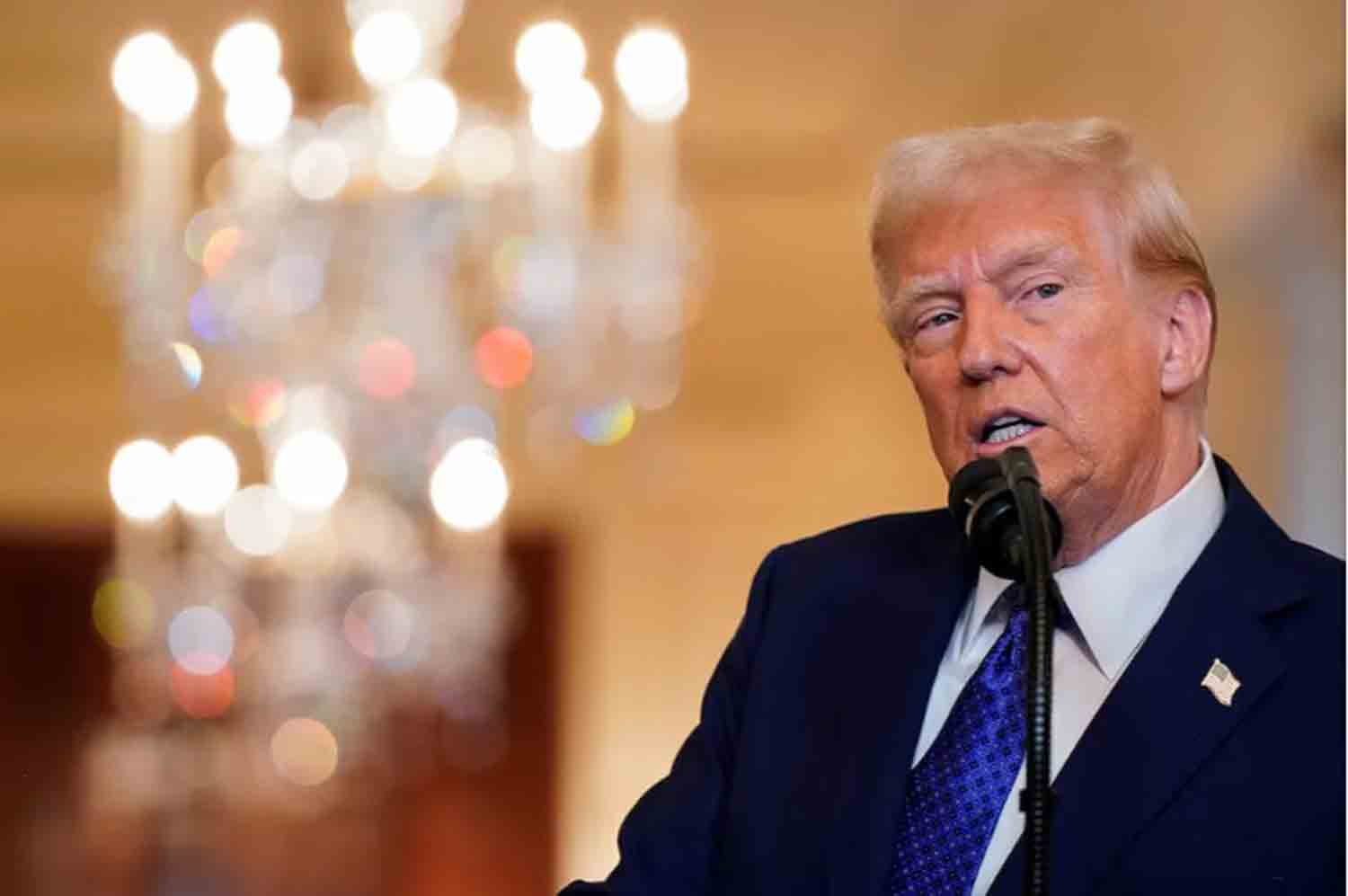Background
A Shifting Syrian Landscape
The Visit: Context and Objectives
Shaibani’s visit to Ankara is a reciprocal gesture following Fidan’s trip and underscores the urgency of addressing shared challenges in the post-Assad era. The Turkish Foreign Ministry confirmed the visit but provided no detailed agenda, leaving room for speculation about the topics under discussion. Based on recent developments, statements, and regional trends, the following objectives are likely central to the talks:
Security and Military Cooperation
- Context: Türkiye has long prioritized countering Kurdish militias, particularly the YPG, which it equates with the PKK, a designated terrorist organization. The transitional Syrian government, led by HTS, shares an interest in stabilizing Syria and preventing separatist movements.
- Speculation: Posts on X, claim that Türkiye and Syria are negotiating a security and military agreement, potentially involving Turkish military bases in strategic locations like Palmyra, Homs Tiyas, and Aleppo’s Menagh airbase. Some posts also suggest Türkiye could assist in reforming the Syrian army.
- Analysis: A formalized defense pact would align with Türkiye’s goal of securing its southern border and limiting the influence of Kurdish forces in northern Syria. It could also serve Syria’s interest in countering external threats, such as Israeli airstrikes, which have targeted Syrian military infrastructure. However, these claims remain unverified, and establishing new Turkish bases would be a sensitive issue, potentially provoking reactions from Russia, Iran, or Israel. During Fidan’s Damascus visit, counter-terrorism cooperation was a key topic, suggesting that security discussions are a priority but may focus on joint operations rather than permanent bases.
- Implications: A security agreement could reshape regional dynamics, strengthening Türkiye’s influence in Syria while bolstering the transitional government’s legitimacy. However, it risks complicating Syria’s relations with other powers, particularly Russia, which maintains its own military presence in Syria.
Refugee Repatriation
- Context: Türkiye hosts approximately 2.8 million Syrian refugees, a significant domestic issue that has fueled political and social tensions. The fall of Assad has raised hopes for repatriation, as Türkiye seeks to create conditions for safe and voluntary returns.
- Speculation: Shaibani’s acknowledgment of Türkiye’s support for Syrians over the past 14 years, suggests refugee issues are a key agenda item. Türkiye may push for commitments from Syria’s transitional government to stabilize areas for returnees.
- Analysis: Repatriation requires security guarantees, infrastructure rebuilding, and political stability in Syria. Türkiye could offer technical or economic assistance to facilitate returns, potentially tied to reconstruction projects in northern Syria, where it already exerts influence. The easing of U.S. sanctions on Syria, reported in early 2025, may enable international funding for such efforts.
- Implications: Successful repatriation would alleviate domestic pressure in Türkiye and strengthen bilateral ties. However, challenges remain, including ensuring safe conditions in Syria and addressing the concerns of refugees wary of returning under a new, untested government.
Reconstruction and Economic Cooperation
- Context: Syria’s infrastructure lies in ruins after years of war, and the transitional government is seeking international support for rebuilding. Türkiye, with its construction expertise and geographic proximity, is well-positioned to contribute.
- Speculation: Discussions in Damascus included Syrian reconstruction, and Shaibani’s visit may advance these talks, potentially involving trade agreements or energy cooperation. Türkiye’s recent dispatch of a power ship to Syria, signals practical steps toward addressing Syria’s immediate needs.
- Analysis: Economic cooperation could include Turkish investment in rebuilding schools, hospitals, and energy infrastructure in northern Syria, areas under Türkiye’s de facto control. Such efforts would enhance Türkiye’s regional influence and create economic opportunities for Turkish firms. For Syria, Turkish support could accelerate recovery and signal to other nations that the transitional government is a viable partner.
- Implications: Economic collaboration could lay the foundation for long-term stability in Türkiye-Syria relations, but it depends on Syria’s ability to secure broader international funding and navigate competing interests from Arab states and Russia.
Regional Stability and Countering External Threats
- Context: Syria faces ongoing challenges from Israeli airstrikes targeting military sites and concerns about residual Iranian and Russian influence. Türkiye, wary of regional instability, seeks to ensure Syria does not become a battleground for proxy conflicts.
- Speculation: Shaibani’s visit may address Syria-Israel tensions, with Türkiye potentially mediating or advocating for de-escalation. Reports suggest Türkiye could limit Israeli operations in Syria as part of a defense agreement.
- Analysis: Türkiye and Syria share an interest in stabilizing the region, particularly in preventing Kurdish separatism and external interventions. Shaibani’s recent visit to Moscow, where he discussed Russian support for Syrian sovereignty, indicates a multi-pronged approach to securing international backing. Türkiye’s role in the Astana process positions it as a potential broker in regional security talks.
- Implications: Aligning Türkiye and Syria on security issues could reduce the risk of escalation with Israel and strengthen Syria’s position against external pressures. However, Türkiye must balance its NATO commitments and relations with Russia and Iran, which complicates its role.
Political Normalization and Governance
- Context: The transitional Syrian government is navigating a delicate process of establishing legitimacy, drafting a new constitution, and preparing for elections. Türkiye, with its history of supporting Syrian opposition groups, has a stake in shaping this process.
- Speculation: Shaibani’s emphasis on inclusive governance and constitutional amendments suggests discussions on Syria’s political future. Türkiye may offer support for the transitional process, potentially in exchange for assurances on Kurdish containment.
- Analysis: Türkiye’s experience in the Astana talks and its influence over Syrian opposition factions make it a key player in supporting a stable, non-hostile government in Damascus. Shaibani’s visit could involve negotiations on Türkiye’s role in international forums or guarantees that the new Syrian government aligns with Turkish interests.
- Implications: A stable Syrian government that cooperates with Türkiye could enhance regional security and facilitate refugee returns. However, disagreements over governance models or the role of HTS could create tensions.
Speculations and Unverified ClaimsThe phrase “something is cooking,” popularized by an X post from @ragipsoylu , captures the intrigue surrounding Shaibani’s visit. Social media speculation, particularly about Turkish military bases or a comprehensive security pact, reflects the high stakes of the talks. However, these claims lack official confirmation and should be approached with caution.
Regional and International Implications
Additionally, Türkiye’s role in Syria could enhance its regional clout, particularly within NATO, where it seeks to assert its strategic autonomy.Challenges and RisksSeveral challenges could complicate the outcomes of Shaibani’s visit:
- Kurdish Issue: Disagreements over the YPG and other Kurdish groups could strain negotiations, as Syria’s transitional government may prioritize national unity over Türkiye’s security concerns.
- Regional Rivalries: Russia and Iran, both with historical ties to Syria, may view Türkiye’s growing influence with suspicion, potentially leading to diplomatic friction.
- Domestic Syrian Dynamics: The transitional government’s ability to deliver on promises, such as refugee returns or reconstruction, depends on its internal cohesion and ability to govern effectively.
- Verification of Agreements: Speculative claims about military bases or defense pacts require official confirmation to assess their feasibility and impact.
The visit of Syrian Foreign Minister Asaad Hassan al-Shaibani to Türkiye on August 13, 2025, represents a pivotal moment in the evolving relationship between Ankara and Damascus. Coming on the heels of Assad’s ouster and amidst Syria’s efforts to rebuild its international standing, the visit underscores shared interests in security, refugee repatriation, and reconstruction.
While speculations about a transformative security agreement or Turkish military bases capture attention, they remain unconfirmed, and the talks are likely focused on practical steps to stabilize Syria and strengthen bilateral ties.
The outcomes of this visit could reshape regional dynamics, positioning Türkiye as a key partner in Syria’s transition while addressing pressing domestic and strategic priorities. As discussions unfold behind closed doors, the international community will watch closely for signs of a new chapter in Türkiye-Syria relations.
Discover more from Defence Talks | Defense News Hub, Military Updates, Security Insights
Subscribe to get the latest posts sent to your email.





